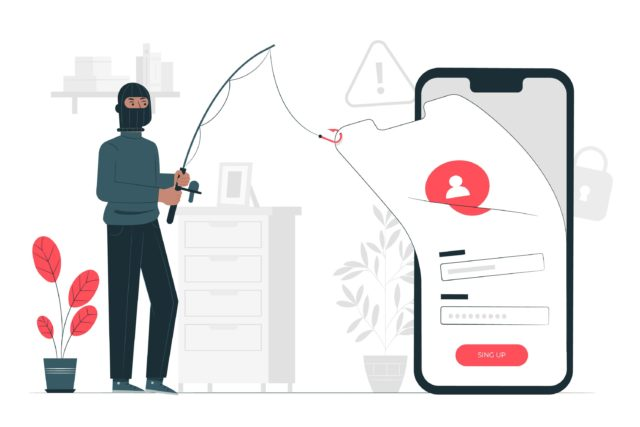Russian Government to Spend 1.2 Billion Rubles on Phishing Website Monitoring
The Russian Ministry of Digital Development has launched a pilot information system designed to search for and block phishing websites, including those featuring fake COVID-19 vaccination QR codes, according to a report by C-News citing a source within the agency. The total cost of the project, which will monitor such resources through 2024, is estimated at 1.2 billion rubles.
This platform is part of the federal project “Information Security” under the national “Digital Economy” program. At the end of 2021, the Ministry held a tender for the system, which was won by the company Rusbitech with a contract value of about 130 million rubles.
“Social engineering plays an important role in the development of abuse methods,” the tender documentation stated. “Currently, there is no unified platform in the country that ensures cooperation among all interested parties to: counteract fraud using phishing attacks; increase the reliability and security of socially significant services; reduce financial risks for citizens and businesses; and enhance privacy for citizens, businesses, and officials.”
The demand for fake COVID-19 vaccination certificates emerged in the summer of 2021, after several Russian regions began restricting the rights of unvaccinated individuals, the report notes. To verify vaccination status, QR codes from the government services portal were used. At the same time, scammers learned to create fake websites resembling the official portal, issuing false information about counterfeit QR codes.
At the end of 2021, Russian President Vladimir Putin signed a law amending Article 15.3 of the Federal Law “On Information, Information Technologies, and Information Protection,” expanding the grounds for extrajudicial website blocking. Now, sites containing information “about acquiring a fake document that grants rights or exempts from obligations” are also subject to blocking. The decision to block is made by the Prosecutor General’s Office, after which the information is forwarded to Roskomnadzor.



